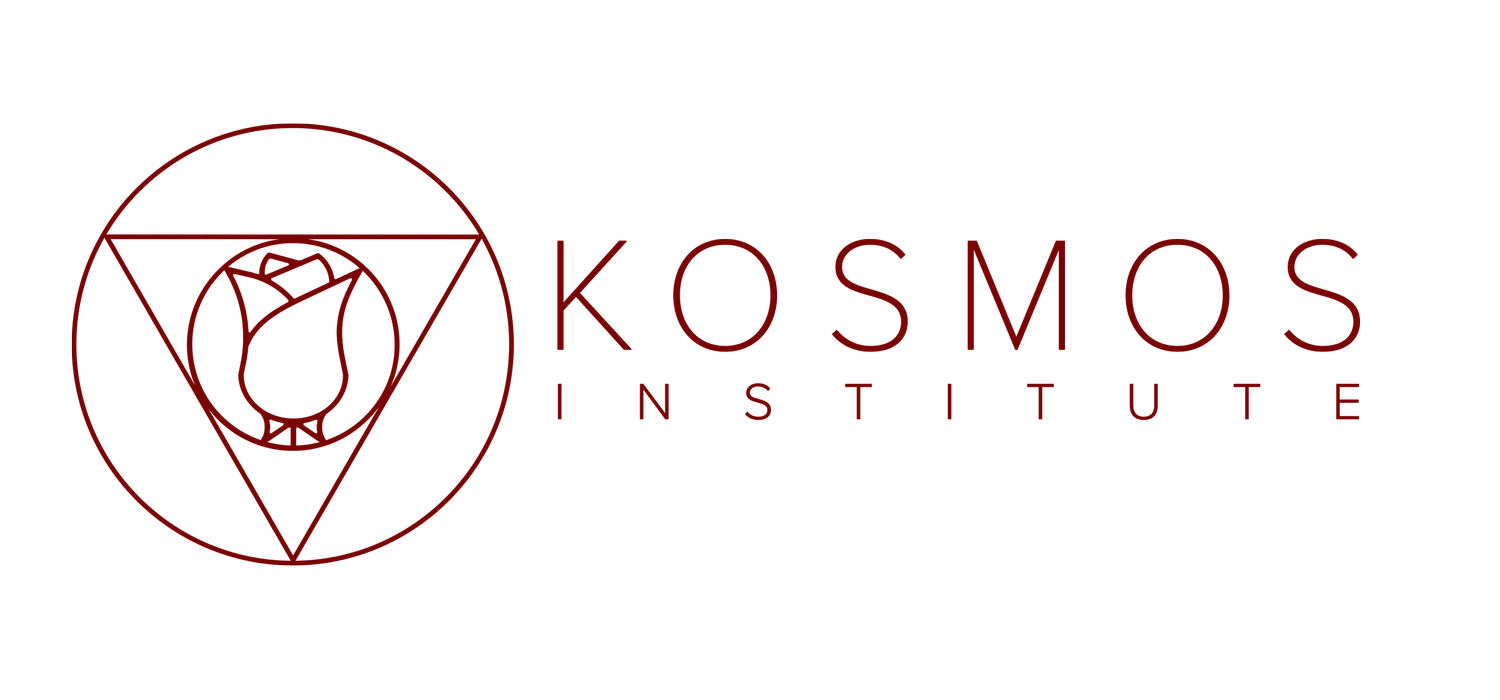Celestial Swallows and the Star of Beauty
The Kosmos Institute Online Journal
What Is Neoplatonism?
Dr. Gregory Shaw answers the question: “What is Neoplatonism?” Neoplatonism, in simple terms, is a philosophical system developed in the third century CE that builds upon the ideas of Plato but diverges significantly by embracing a distinctly spiritual outlook. To define Neoplatonism precisely, one must understand that it moves beyond Plato’s foundational doctrines of ideal forms and rationalism, venturing deeply into metaphysical speculation about the nature of the divine and human soul. While traditional Platonism emphasized abstract reasoning and ideal forms existing in a transcendent realm, Neoplatonism introduced a more explicitly spiritual and mystical interpretation of Plato’s thought.
Which Psychologist Developed Archetypal Astrology?
In this video, a longtime scholar of Archetypal Cosmology, Dr. Keiron Le Grice talks about which philosophers and psychologists created archetypal astrology.
What is Gnosis?
In this enlightening video, religious studies scholar, Dr. Hereward Tilton delves into the heart of his unique five-part Gnostic Studies curriculum, exploring the themes of Gnostic spirituality, religion, and philosophy.
Meet The Kosmos Institute Spring Quarter Professors
Our spring quarter professors spent an afternoon in February 2025 discussing their upcoming courses in a truly inspirational Zoom session. If you are researching courses in Neoplatonism, the Philosophy of Music, or Archetypal Astrology you will find this video illuminating.
What Is (Archetypal) Astrology and Why Do So Many Doubt It?
The widespread skepticism toward astrology stems from several factors, many of which are tied to the historical conflict between materialist science and the qualitative, symbolic approach of astrology. To address this skepticism and make a compelling case for astrology as a serious tool for exploring the psyche, we must first understand the key objections and then craft a response that bridges the gap between symbolic wisdom and modern empirical thinking.
A Few Words About Our Business Philosophy
Aside from our unique interdisciplinary philosophical ideals, commitment to academic excellence, and integrity in scholarship, Kosmos Institute also addresses the economic inequities plaguing higher education. To us, the two most important elements in any educational situation are the teacher and the student. As far as we can tell, the educational institution exists only to uphold, support, and cultivate the dignified delivery of this relationship and its consequent contributions to the ever-growing cosmos of knowledge and free inquiry.
I Hear A New World
This song by Joe Meek has always evoked a sense of wonder and felt like the right language of mystery to accompany a visual depiction of journeying into the unknown.








